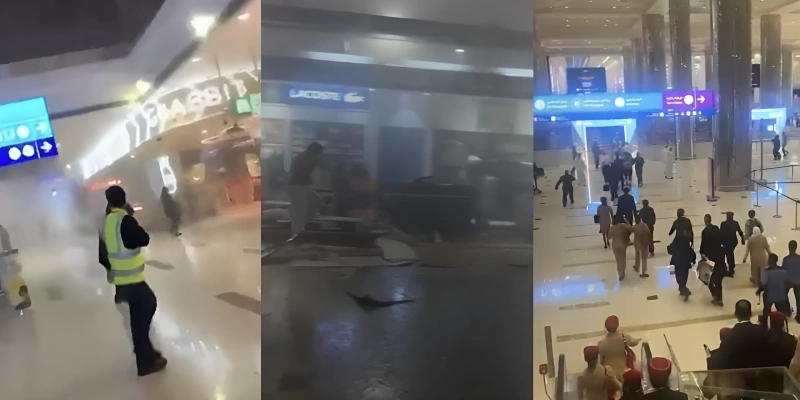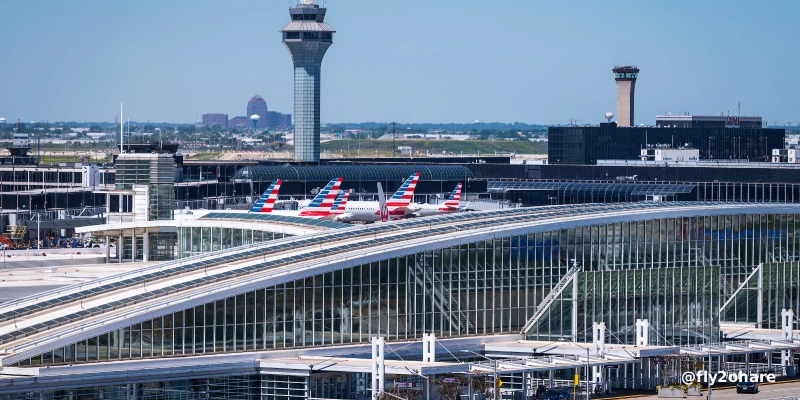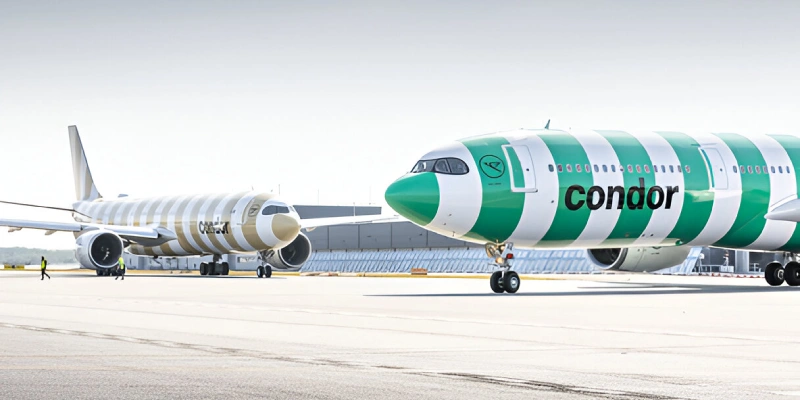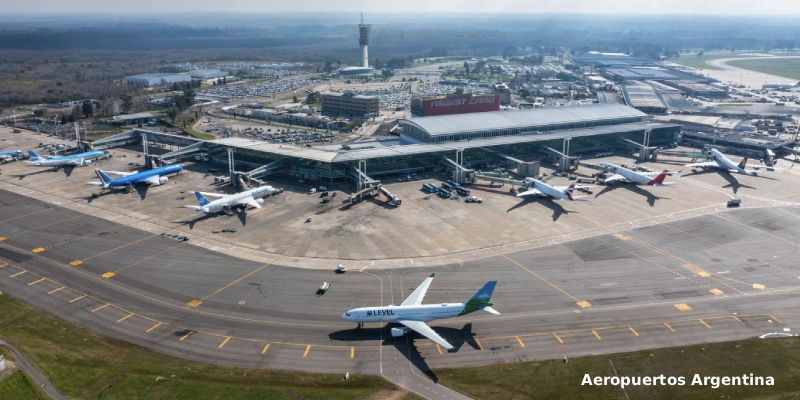Mexican President Andrés Manuel López Obrador’s initiative to allow foreign airlines to operate domestic flights in the country could provoke a crisis in the nation’s air sector, warned the National Chamber of Aerotransports (Canaero) on Monday.
Last Thursday, the Mexican president sent to the Chamber of Deputies reforms to the Civil Aviation Law and the Airports Law, in order to allow foreign airlines to fly domestic routes, known as aerial cabotage.
However, Canaero, which comprises 45 members including airlines, cargo companies, air cabs and service providers, among others, warned in a statement that this modification “would provoke a new crisis in the air sector, already vulnerable due to multiple factors”.
→ Viva Aerobus launches new route between Monterrey and Bogota
Among these phenomena, he pointed out “the price of turbosine, the lack of a State policy, the loss of Category 1 of the aeronautical authority, the lack of intelligent regulation, high taxes and charges, among other factors.”
Canaero argued that weakening the airline industry, which generates 1.4 million direct and indirect jobs, would also mean the disappearance of jobs, a decrease in revenue, disconnecting destinations and scaring off local and foreign investment.
“Mexico needs a State policy, a strong aeronautical authority, investment in infrastructure, technology, immigration and customs processes, revision of taxes, duties and other charges. All of the above would represent a real benefit to Mexicans, cabotage would not,” he contrasted.
Canaero emphasized that commercial airlines in Mexico are not afraid of competition, “but of decisions that weaken the sector,” and indicated that proof of this is that almost 70 of the foreign airlines have a presence in the country’s main tourist destinations.
→ Aeromexico announces new route between AIFA and Houston
“The initiative ignores the relevance of the air sector. More than 93% of international tourism revenues come from travelers who travel by air and more than 70% of them did so on foreign airlines,” he pondered.
He also pointed out that this type of initiative occurs when a country does not have guaranteed connectivity, which he emphasized is not the case in Mexico, since in 2022 alone, domestic airlines served 220 domestic routes.
He also indicated that the costs of flying could increase, since companies would enter the market with low costs in order to be more profitable and then, once the national airlines have been depredated, “they would have control of the routes and would set high prices to recover the losses generated by their entry”.
In this sense, he anticipated that when their countries of origin experience adversities, foreign airlines will abandon international routes to protect those of their nations, “completely disconnecting the destinations where they used to do cabotage”.
It also warned that foreign crews would displace Mexican talent, as well as airline ground staff, and that they would be taxed in their own countries, thus reducing tax collection in the country.
Aeromexico joined this position, and also highlighted that “the term cabotage should be excluded” in order to “focus on the necessary changes so that the Mexican aeronautical authority recovers Category 1 aviation safety”.
Mexico has lost its Category 1 status since May 2021, which limits it from opening new commercial routes to the United States, as well as increasing the frequency of existing ones until it reverses its downgrade.
With information from EFE
Related Topics
Middle East Airport Crisis: Infrastructure Attacks, Massive Operational Disruption, and Thousands of Travelers Stranded
FAA Proposes Flight Reductions at Chicago O’Hare to Avert Summer Operational Collapse
Condor to Move Operations to Frankfurt Airport’s New Terminal 3 in 2027
Argentina: Ezeiza Airport Launches Investment Plan Exceeding US$100 Million to Expand Operational and Logistical Capacity

Plataforma Informativa de Aviación Comercial con 13 años de trayectoria.




